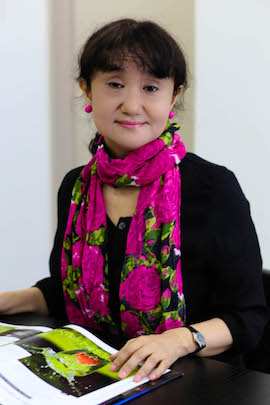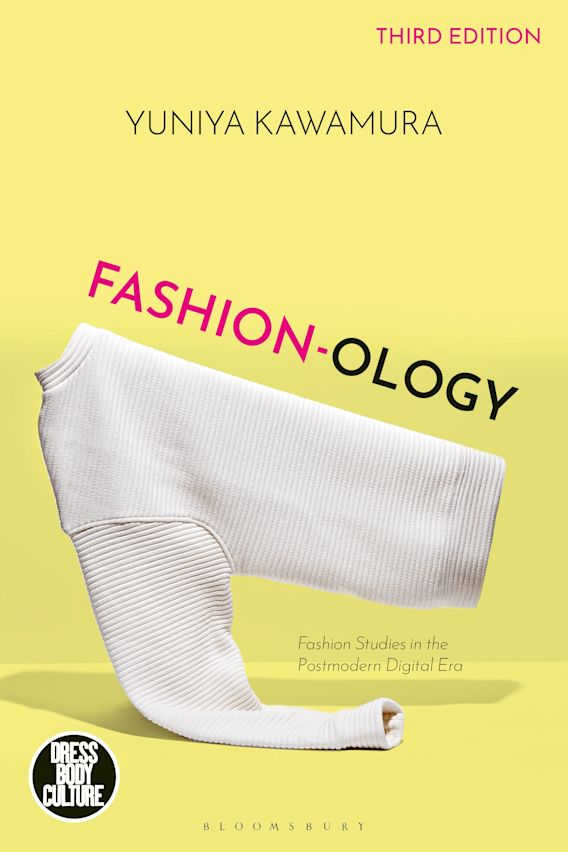
Professor
Yuniya (Yuni) Kawamura
- School of Liberal Arts and Sciences
- Social Sciences
Fashion-ology
Fashion Studies in the Postmodern Digital Era
The third edition of Fashion-ology offers a concise introduction to the sociology of fashion, and demystifies the workings of the fashion system. From the origins of fashion studies and the difference between clothing and fashion, through to an examination of 21st century subcultures, and the impact of the digital age on designers, Fashion-ology explores fashion as a global, institutionalized system. With accessible overviews of key debates, issues and perspectives, Yuniya Kawamura provides a complete exploration of the field. Two new chapters have been added for this third edition, covering ‘The Diversification and Changing Landscapes of Fashion Systems’ and ‘Ecological and Social Sustainability in Fashion’ respectively. There is also a guide to sociological research in fashion, making this essential reading for anyone studying fashion, sociology, anthropology, or cultural studies.

How did you first come up with the idea for this work?
The first edition of Fashion-ology was based on my doctoral dissertation. I was asked to revised it for a second edition in 2018 and again for a third edition with a new subtitle which is scheduled to be published in August, 2023.
What was your research process like?
In Fashion-ology, I suggest an alternative theoretical approach to fashion studies so the empirical part is not emphasized. But in order for me to come up with and suggest an alternative theoretical approach, I conducted empirical research in Paris for a year for the first edition. For the second edition, I add a chapter on youth subcultures which was based on my fieldwork in Tokyo and New York which took a total of 6-7 years.
How long did you work on this before it was published?
For the third edition, I was given about eight months to revise it.
Does this work relate to your role at FIT? If so, how?
I teach fashion-related sociology courses, such as SS376 Clothing and Society and SS386 Youth Subculture, Identity, and Fashion. I introduce Fashion-ology as one of many theoretical approaches and perspectives to analyze fashion as a social phenomenon and practice.
What was your biggest challenge? What was most rewarding?
Finding the time to complete a manuscript while teaching full-time is always challenging. The most rewarding thing is that people often recognize me at conferences in the US and overseas as a scholar who has coined the term “Fashion-ology”.
Is there other information we should know?
The first and second editions of Fashion-ology have been translated into Italian, Swedish, Russian, Chinese, Turkish, and Korean.
Have you published any other books or have any upcoming publications?
My other peer-reviewed academic publications include:
- Cultural Appropriation in Fashion and Entertainment (Bloomsbury 2022)
- Sneakers: Gender, Fashion, and Subculture (Bloomsbury 2016)
- Fashioning Japanese Subcultures (Bloomsbury 2012)
- Doing Research in Fashion and Dress: An Introduction to Qualitative Methods (Bloomsbury 2011, 2020)
- The Japanese Revolution in Paris Fashion (Bloomsbury 2004)
- Started teaching at FIT in Fall 2001
- Book to be published in August 2023
